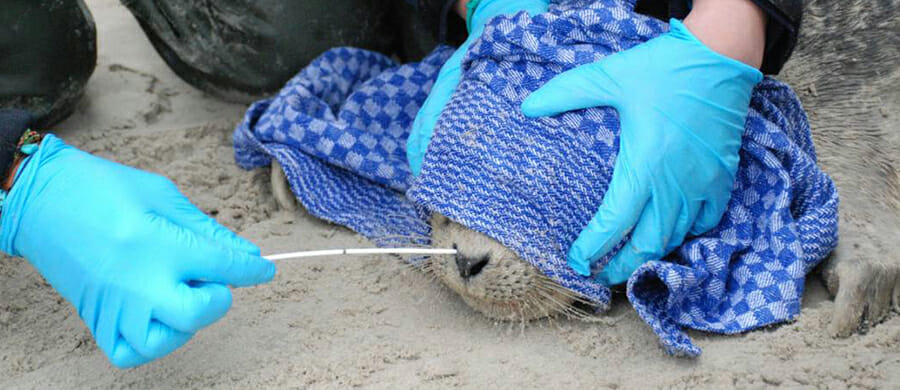LEIBNIZ UNIVERSITY HANNOVER
Institute of Environmental Planning
DATA & FACTS
Project
2023-2027
Scientific contact
Prof. Dr. Christian Albert
EU-Funding line
Horizon Europe (Mission)
Projektleitung: Prof. Dr.-Ing. Arno Kwade
Projektname: „Li-Ion Pilot Lines Network“ (LiPLANET)
Keywords: Energie, Mobilität, Partner
Combating climate change with SpongeScapes
Researchers at Leibniz Universität Hannover are taking part in an international consortium dedicated to the topic of sponge landscapes
Too hot, too dry, too wet: Europe’s landscapes have already been visibly affected by climate change. In recent years, floods and droughts have caused damage amounting to billions of Euros. The SpongeScapes project was launched in October 2023 and aims to counteract the consequences of climate change by establishing sponge landscapes. The European Commission is funding the research project with a total of 2.6 million euros under the Horizon Europe programme. The project is coordinated by Deltares, an independent institute for applied research in the field of water and soil in the Netherlands. The Institute for Environmental Planning at Leibniz Universität Hannover (LUH) is leading a sub-project with funding valued at over 360,000 euros.
The aim of SpongeScapes is to promote solutions for improving the natural sponge function of landscapes in order to improve their resilience to flood and drought events in the face of advancing climate change. To achieve this, existing solutions are to be further developed and implemented on a large scale. SpongeScapes represents landscapes that can store water and thus reduce flood peaks and provide more water in times of drought.
One aspect of the project fouses on promoting the natural water retention of landscapes. This can involve, for example, avoiding soil sealing, dismantling drainnage systems, developing new wetlands, rewetting moorland and renaturalising floodplains. In order to finance and coordinate these measures, the consortium aims to work closely with regional partners, such as local policy makers. The SpongeScapes research team will also evaluate examples of existing sponge measures and implement their own pilot projects. Building on this, action plans an implementation strategies for the development of sponge landscapes will be developed in selected landscapes togehter with local stakeholders. Through these measures, SpongeScapes will improve state-of-the-art in hydrologicaal models and test new approoaches to effectively apply sponge measures on a large scale at the landscape level. The research project also aims to develop new strategies for resilient landscapes.

©M.Großmann/pixelio
Date:
07.11.2023


